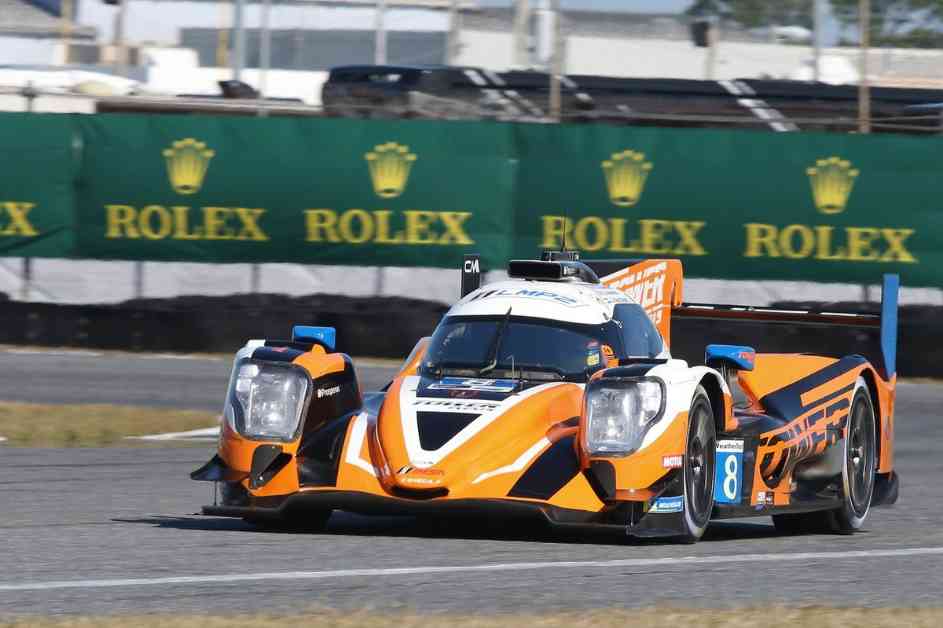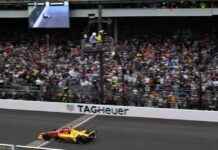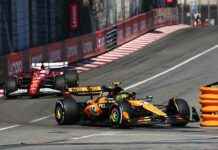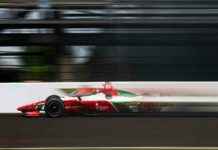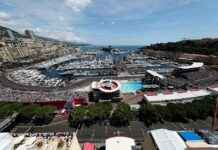Tower Motorsport’s victory in the LMP2 class at the Daytona 24 Hours was short-lived as the team was disqualified for a technical infraction, leading to United Autosports claiming the top spot. The #8 ORECA-Gibson 07, driven by Sebastien Bourdais, Job van Uitert, Sebastian Alvarez, and John Farano, initially secured a provisional win in the secondary prototype division at the iconic Daytona International Speedway. However, a post-race inspection revealed that the skid block underneath the car exceeded the allowed wear limit of 5mm, resulting in Tower’s demotion to the 12th and final position in its class.
United Autosports, represented by the #22 Oreca driven by Paul di Resta, Daniel Goldburg, James Allen, and Rasmus Lindh, was elevated to the top spot following Tower’s penalty. This victory marks the Anglo-American team’s first win in the prestigious endurance race, building on their previous success in the LMP2 category at the Le Mans 24 Hours.
Behind the Scenes: Team Manager’s Frustration
In response to the penalty, Tower Motorsport’s team manager, Ricky Capone, voiced his disappointment with IMSA’s decision, emphasizing that the excessive wear on the skid block did not provide the team with any competitive advantage. Capone highlighted the team’s consistent compliance with technical regulations in previous events and contests, reiterating their commitment to fair play and sportsmanship.
Capone’s statement underscored the complexities of endurance racing and the challenges teams face in maintaining optimal performance over a grueling 24-hour period. Despite the setback, he praised the efforts of the drivers, engineers, and crew, acknowledging their unwavering dedication and professionalism throughout the race. The team’s determination to uphold the integrity of the sport and explore all available options in response to the penalty reflects their resilience and commitment to overcoming obstacles in pursuit of excellence.
Implications and Reflections
The disqualification of Tower Motorsport serves as a reminder of the meticulous technical scrutiny that accompanies high-stakes motorsport competitions. The delicate balance between performance optimization and regulatory compliance underscores the fine margins that can determine the outcome of a race. As teams navigate the intricate web of rules and specifications governing their vehicles, incidents like these highlight the importance of vigilance and adherence to guidelines to avoid potential penalties and repercussions.
While the ruling may have dashed Tower’s immediate victory celebrations, it also serves as a testament to the rigorous enforcement of standards in motorsport to ensure a level playing field for all competitors. The team’s response to the setback exemplifies their professionalism and resolute spirit in the face of adversity, showcasing the camaraderie and unity that define the motorsport community.
As the racing season progresses, the lessons learned from this incident will undoubtedly inform future strategies and preparations, shaping the competitive landscape of the sport. Tower Motorsport’s experience at Daytona serves as a poignant reminder of the unpredictable nature of motorsport and the resilience required to overcome challenges and setbacks on the road to success.
By delving into the intricacies of Tower Motorsport’s disqualification at the Daytona 24 Hours, we gain a deeper appreciation for the dedication, passion, and sportsmanship that define the world of endurance racing. As the team navigates the aftermath of this ruling, their unwavering commitment to excellence and determination to overcome obstacles exemplify the true spirit of motorsport.
